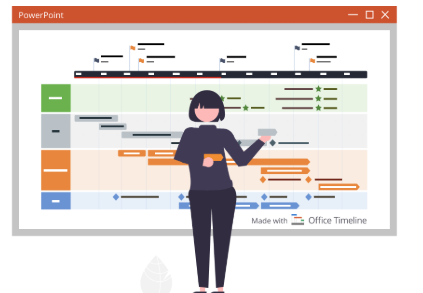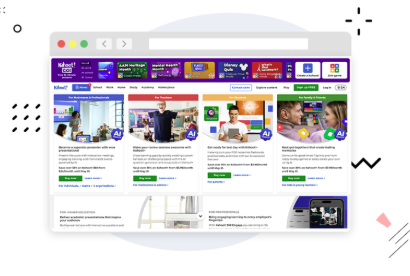Creating a structured study roadmap can help students set clear goals, organize their time effectively, and stay focused on long-term academic success. A study roadmap outlines what needs to be learned, how and when to study it, and what milestones to aim for. Fortunately, there are several free digital tools that make building and managing these plans easy and efficient. Whether you’re preparing for a major exam, tackling a semester-long course, or learning something new on your own, these tools can help you create a personalized roadmap for success.
1. Notion
Notion is a flexible productivity platform that allows users to create custom dashboards, timelines, and task lists. Students can build their own study roadmaps by combining calendars, checklists, subject pages, and linked notes. Free templates are available for academic planning, semester tracking, and exam preparation, making it easy to get started.
2. Trello
Trello uses boards and cards to help students visually organize their study plans. You can create columns for stages like “To Learn,” “In Progress,” and “Mastered.” Add due dates, labels, attachments, and comments to keep each study goal clearly defined. Trello’s drag-and-drop interface makes it ideal for learners who prefer a visual approach.
3. Google Sheets
Google Sheets is a powerful tool for creating detailed study trackers and goal charts. Students can list out topics, assign study dates, monitor completion, and color-code progress. Sharing features allow collaborative planning with classmates. With simple formulas and conditional formatting, it’s easy to build a roadmap that grows with your academic needs.
4. Coda
Coda combines spreadsheets and documents into an interactive workspace. It supports task tables, progress bars, reminders, and collapsible sections. Students can design personalized study guides and connect them with weekly schedules. Coda’s templates for education and personal development help you jumpstart your planning process.
5. Google Calendar
Google Calendar allows students to time-block study sessions across days or weeks. You can schedule topics, set reminders, and color-code tasks by subject or priority. For students with many deadlines or commitments, calendar-based planning offers a clear view of what needs to be done and when.
6. Milanote
Milanote is great for visual learners who want to map out concepts, resources, and timelines. Students can drag and drop notes, images, and web links onto a digital canvas to create a visual study journey. It’s especially useful for planning long-term projects or interdisciplinary learning.
7. Turtl
Turtl is a secure, open-source tool for organizing notes and to-do lists. Its notebook-style structure supports hierarchy and tagging, which is ideal for breaking down complex study plans into smaller topics and tasks. Turtl is useful for students who want a distraction-free, minimalist planning tool.
8. ClickUp (Free Plan)
ClickUp’s free version offers robust features like task lists, checklists, goals, calendars, and Gantt charts. Students can create roadmaps with milestones, dependencies, and custom views. ClickUp is a great choice for more detailed or collaborative academic planning.
9. Canva
While Canva is known for graphic design, it also offers free templates for planners, calendars, and study guides. You can build visually engaging study timelines or motivational posters to track your learning goals. Canva is ideal for creative students who like customizing their workspace.
10. TidyCards
TidyCards is a simple card-based task management app that allows students to create categorized checklists. You can arrange your learning roadmap in sections and mark progress as you go. Its simplicity makes it perfect for younger students or those new to digital planning.
Tips for Using Study Roadmap Tools Effectively
- Start by listing all the topics you need to cover.
- Break each topic into smaller, manageable tasks.
- Set realistic goals and timeframes for each task.
- Track your progress weekly and adjust your roadmap as needed.
- Celebrate milestones to stay motivated.
Conclusion
Free online tools make it easier than ever for students to take control of their academic journey. By creating a personalized study roadmap, you can set priorities, maintain focus, and make consistent progress. Choose a tool that matches your learning style and keep your plan updated as your goals evolve. With the right structure in place, every student can approach their studies with confidence and clarity.














